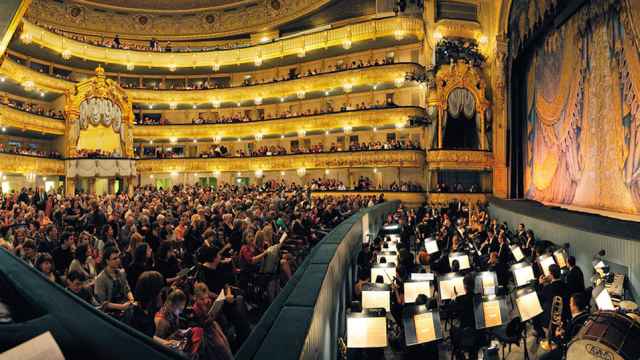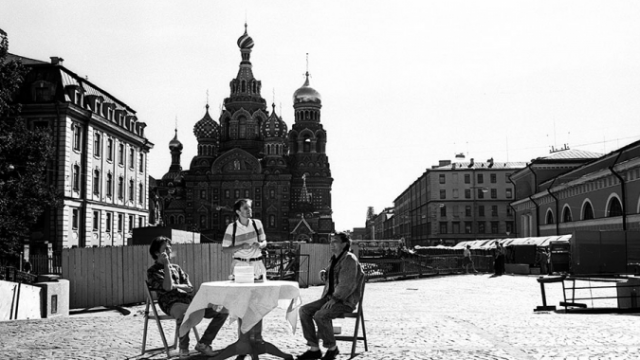Russia has become home to the world’s largest digital archive of decorative patterns.
The archive, Ornamika.ru, was launched by Maria Loleyt, a former project manager and marketing expert. It contains more than 7,000 authentic decorative patterns created by the national groups that have lived in Russia, the Soviet Union, and the Russian Empire. The ornamental patterns have been preserved in a wide variety of textiles and mediums and span eleven centuries of Russian history.
In a comment to The Moscow Times, Loleyt explained that the idea for the archive sprang from her own desire for such a platform to exist. “Two years ago I studied specialized literature on decorative and applied arts in various regions of Russia. I realized that this information was scattered all over and preserved in an inconvenient format for the modern user. That’s where I got the idea to create a single, convenient resource for navigating and working with these materials, and I knew that I wanted to make it available in several languages so that it wouldn’t just be available to Russians.”

It took a team more than two years to process all the materials and assemble the collection. The team included 26 specialists, including designers, illustrators, and developers, who collected patterns of 20 types in more than 200 styles. The pieces come from library resources, museums, and private collections. The archive will be launched in Russian, with English and Chinese versions to follow in the next six months.

Each piece is accompanied by a detailed description, and narrow searches can be made based on geography, pattern, technique, and the type of object upon which the design was applied. The platform assigns each entry more than 100 unique properties, building a hierarchy between originals and subsequent reproductions and interpretations. Each piece and its description has been validated by two specialists.
Loleyt hopes that the archive will allow design experts, illustrators, and those more casually interested in decorative and applied arts (both within Russia and abroad) unparalleled access to Russian patterns. “Of course, the decorative and applied arts of Russia are very niche interests outside of the country, but they do exist, and most of the books that cover the topic are very difficult to find abroad,” she says.
Loleyt speaks of the fascinating potential of the archive, admitting that at this point it’s impossible to know what people will use the materials for or how they’ll be inspired by them. “In contrast to starting a business, where there is a clear product model and target result, here we can afford to have experimentation and uncertainty.”
The creators hope to build exhibition projects, to partner with design manufacturers, and to use the technology of the archive itself to gain insight into how knowledge bases work.
The archive is currently available in Russian at Ornamika.ru.
A Message from The Moscow Times:
Dear readers,
We are facing unprecedented challenges. Russia's Prosecutor General's Office has designated The Moscow Times as an "undesirable" organization, criminalizing our work and putting our staff at risk of prosecution. This follows our earlier unjust labeling as a "foreign agent."
These actions are direct attempts to silence independent journalism in Russia. The authorities claim our work "discredits the decisions of the Russian leadership." We see things differently: we strive to provide accurate, unbiased reporting on Russia.
We, the journalists of The Moscow Times, refuse to be silenced. But to continue our work, we need your help.
Your support, no matter how small, makes a world of difference. If you can, please support us monthly starting from just $2. It's quick to set up, and every contribution makes a significant impact.
By supporting The Moscow Times, you're defending open, independent journalism in the face of repression. Thank you for standing with us.
Remind me later.







